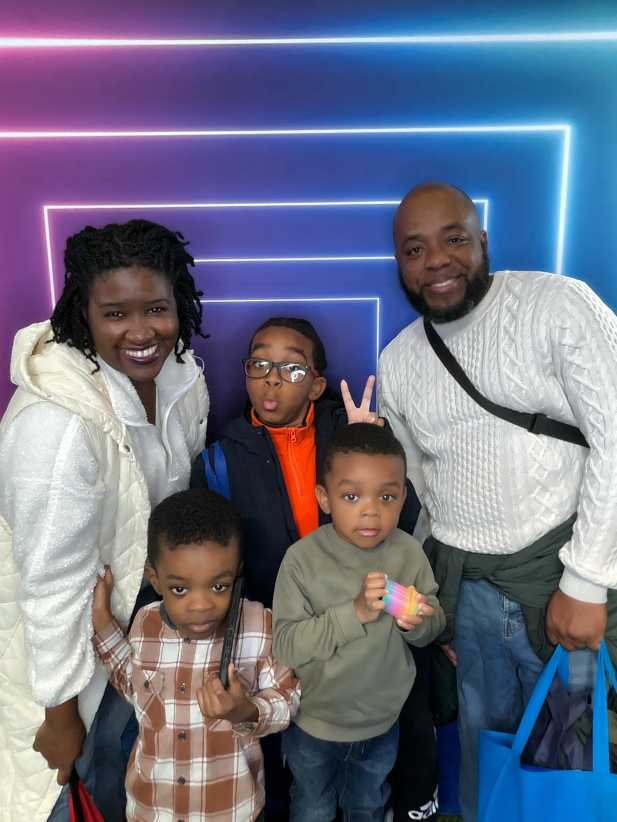
Your Child Missing Milestones? When the next step is an IEP
Have you noticed your child struggling in school? Perhaps they are having a hard time learning to read, can’t grasp multi-step math problems, or are having difficulty staying focused in class. Their self-esteem is plummeting as schoolwork becomes increasingly challenging, and their struggles seem insurmountable. Your child may have special needs and, if so, the sooner you can identify these needs and address them, the better it will be for their overall confidence and academic performance. So what can you do?
For starters, if you see your child struggling, talk to their doctor and teacher. Discuss milestones they may or may not have met and determine if their teacher notices the same challenges you see at home. If you feel these struggles are getting worse or think they may benefit from additional accommodations at school, you might consider having them tested. This testing can be done for free either through your state’s early intervention program (if your child is under age three) or through your child’s school district. The evaluation and specific tests administered may range, but evaluators will typically test your child’s IQ and will likely also test language, motor, behavior, and achievement skills.
Psst…Winter isn’t over, here are Perfect Snow Day Activities for Kids in NYC
IEP or 504 plan
Depending on the evaluation results and your child’s needs, your child may qualify for either an IEP or a 504 plan. An IEP details your child’s specific goals and a plan for what your school will do to help meet those goals, including specific services, like speech therapy, occupational therapy, physical therapy, and academic support. A 504 plan helps provide accommodations for support within the classroom, such as additional time on tests, an aide in the classroom, preferential seating, and/or modified homework. Typically students who have a less severe disability (like anxiety, ADHD, etc.) and not a diagnosed learning disability will receive a 504. Students who need more services, including speech therapy, occupational therapy, physical therapy, special education teacher support services, etc., would receive an IEP.
Know Your Rights
Federal law indicates that every child is entitled to a free and appropriate education in the least restrictive environment possible. Three specific federal laws apply to children with special needs, including the Individuals with Disabilities Act (IDEA), Section 504 of the Rehabilitation Ace, and the Americans with Disabilities Act (ADA). These laws’ specifics can vary by state, so it’s important for you to understand the procedures and criteria specific to your state.
IDEA stipulates that a child’s issues must fall into one of 13 categories to be eligible for special education services. Section 504 mandates that schools cannot discriminate again students who have disabilities and are required to provide appropriate accommodations to them. Students covered under Section 504 usually have less severe disabilities or do not fall into one of the categories stipulated under IDEA. The ADA indicates that children with special needs cannot be discriminated against and must be provided appropriate services and programs suitable to their needs. If your school district refuses to provide appropriate services to your child, you may initiate a due process hearing to challenge their decision.
Focus on Your Child’s Strengths
It is easy to go into a bit of negative space when dealing with your child’s educational support. Remember to focus on your child’s strengths; they may struggle with reading and writing but may excel with math computation. Or maybe your child is incredibly social, empathetic, and kind. Perhaps they are a beautiful artist, a great storyteller, or a whiz at building Legos. Praise your child for small accomplishments, like sitting next to a friend at lunch who seemed sad, drawing a beautiful flower, or creating an elaborate Lego tower. As you help your child academically with areas where they may struggle, continue to build their self-esteem, and explain that no one is perfect. We all have strengths and weaknesses, as well as areas we need to work on improving. Your special needs child can still have dreams and aspirations that can be achieved with support and guidance.
Dr. Emily Levy is the founder of EBL Coaching, a tutoring program that specializes in one-on-one home and on-site instruction for students in grades PreK-12 in NYC, NJ, and Westchester. She is also the author of Strategies for Study Success, a study skills workbooks series emphasizing test-taking, note-taking, reading comprehension, writing, and executive functioning strategies, and the Flags and Stars Orton Gillingham student workbook series.












